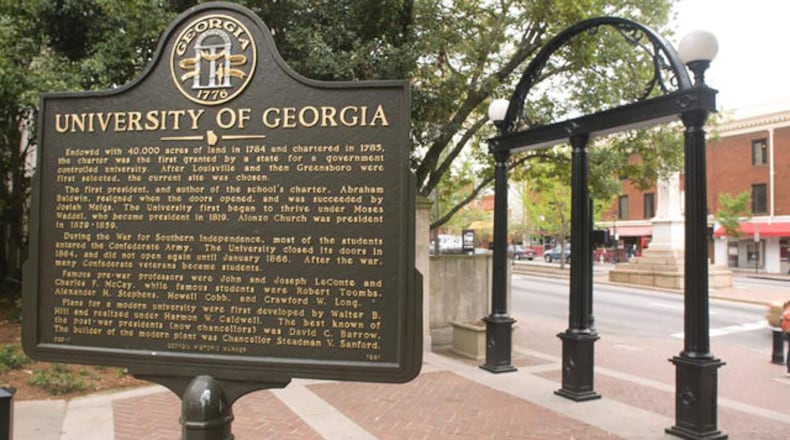The University of Georgia will be home to a federally funded center to increase understanding of influenza virus emergence and infection in humans and animals while also making preparations to combat future outbreaks or pandemics.
The National Institutes of Health has approved a contract to establish the Center for Influenza Disease and Emergence Research (CIDER) at UGA, university officials announced late Wednesday. The contract will provide $1 million in first-year funding and is expected to be supported by the National Institute of Allergy and Infectious Diseases, part of NIH, for seven years and up to approximately $92 million.
CIDER will include external partners such as Boston Children’s Hospital, St. Jude Children’s Hospital, the University of Rochester and the University of Melbourne. It will be directed by S. Mark Tompkins, professor of infectious diseases in UGA’s College of Veterinary Medicine.
“Through CIDER’s basic research, we want to better understand the transmission of these viruses, the resulting disease severity, and the host response to infection and disease,” Tompkins said in a statement. “This work will enable development of better vaccines and better understanding for public health responses — particularly for flu but potentially for other pathogens.”
CIDER will research the evolution of flu virus as it replicates and moves among hosts.
The center is the second major federal project in recent years involving influenza research that will be led by UGA. Federal officials in September 2019 approved a research effort led by UGA, with partners including Emory University and Georgia Tech, to develop a new, more advanced flu vaccine to protect against multiple strains of the virus in a single dose.
UGA is home to a state-of-the-art biocontainment facility necessary to study live virus and the Complex Carbohydrate Research Center, a world leader in studying the complex sugars used by many viruses—including both flu and SARS-CoV-2—to bind to their hosts.
About the Author
Keep Reading
The Latest
Featured




